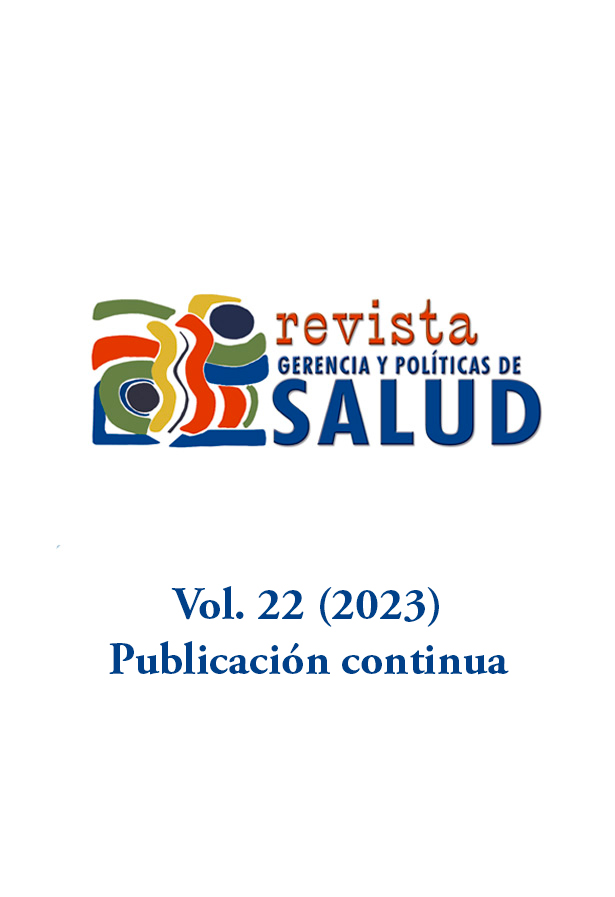Abstract
Burnout and engagement have an impact on workers' health. The aim of the present study was to analyze the influence of gender on burnout syndrome and engagement among Colombian health workers. The study consisted of a non-experimental design, cross-sectional with an explanatory scope. It comprised 972 healthcare professionals (Women = 78.3% and Men = 21.7%) with an average age of 34 years. We used one ad hoc questionnaire, the Utrecht Work Engagement Scale (UWES-9) and the Maslach Burnout Inventory-Human Services Survey (MBI-HSS). The analysis of the data was performed in SPSS v.22 and AMOS v.25. Significant differences were found regarding depersonalization, with greater affectation in men (Z = -2.44, p = 0.015). No differences were found regarding other burnout and engagement dimensions as an outcome of gender. Using a structural equation model, we found that gender did not affect burnout or engagement, but that burnout negatively influenced engagement. The study used a cross-sectional design. This suggests experimental and longitudinal studies and the integration of contextual variables that can alter the studied phenomena. The study's results can support human resource leaders in decision-making processes and mental health promotion in workplaces, generating interventions from a gender perspective.

This work is licensed under a Creative Commons Attribution 4.0 International License.
Copyright (c) 2023 Eliana Quiroz González, Julia Castaño González, Gina Arias-Rodríguez


